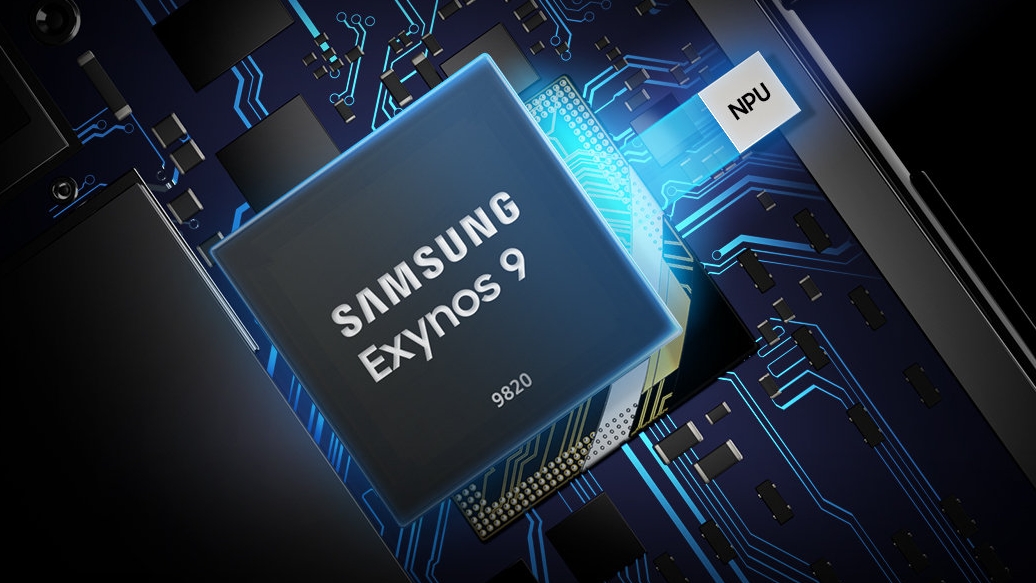Samsung explains why the Galaxy S10’s Exynos 9820 chipset should excite you
Improvements everywhere

Sign up for breaking news, reviews, opinion, top tech deals, and more.
You are now subscribed
Your newsletter sign-up was successful
The Exynos 9820 is set to be at the heart of the Galaxy S10 range – at least for users outside the US – and the company announced it late last year, but now Samsung has explained it in more detail.
For example, we already know that the Exynos 9820 can carry out AI tasks seven times faster than its predecessor, thanks to an integrated NPU (neural processing unit).
But Samsung has now explained that this will allow the S10 and other phones using this chipset to implement AI anywhere, anytime, potentially allowing for better battery efficiency, lower latency, and improvements to things like augmented reality and the camera.
We also knew that the chipset offers up to a 20% single-core performance boost over its predecessor, but Samsung has now gone so far as to say that it’s powerful enough to allow for a true desktop-like experience.
The company doesn’t go into specifics as to what that means, but it could mean improvements to the DeX mode found on past handsets, which lets you connect your phone to a monitor.
Better cameras and screens
The chipset also uses an ‘intelligent task scheduler’ to optimize the balance between efficiency and performance, so you get great battery life without sacrificing power.
Plus, the Exynos 9820 supports up to five camera sensors, and thanks to an advanced ISP (image signal processor) it can supposedly offer better exposure, focusing and white balance, delivering images that have less noise and more vivid colors.
Sign up for breaking news, reviews, opinion, top tech deals, and more.
The chipset is also capable of encoding and compressing 8K videos into smaller file sizes, using a 10-bit HEVC codec, so you can shoot in top quality without using up all your Samsung Galaxy S10’s storage space.
We could also see improvements to the display thanks to this chipset, as it supports HDR10+, which is a new standard that uses dynamic tone mapping so scenes can be optimized individually. The chipset supports 4K UHD displays too, though we’re not sure the Galaxy S10’s will be that sharp.
Finally, the Exynos 9820 should also improve device security, thanks to its ability to create an unclonable key for data encryption. It all sounds very impressive, but if you’re in the US you won’t be left out, as you’re likely getting the Snapdragon 855 in the S10, and that’s got a lot going for it too.
James is a freelance phones, tablets and wearables writer and sub-editor at TechRadar. He has a love for everything ‘smart’, from watches to lights, and can often be found arguing with AI assistants or drowning in the latest apps. James also contributes to 3G.co.uk, 4G.co.uk and 5G.co.uk and has written for T3, Digital Camera World, Clarity Media and others, with work on the web, in print and on TV.